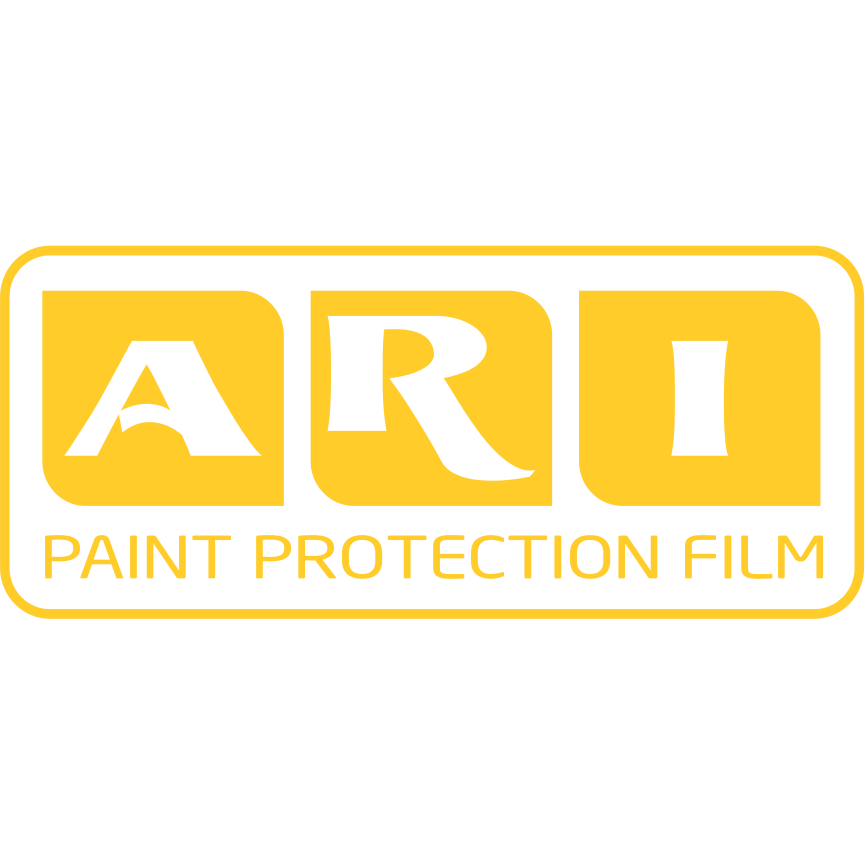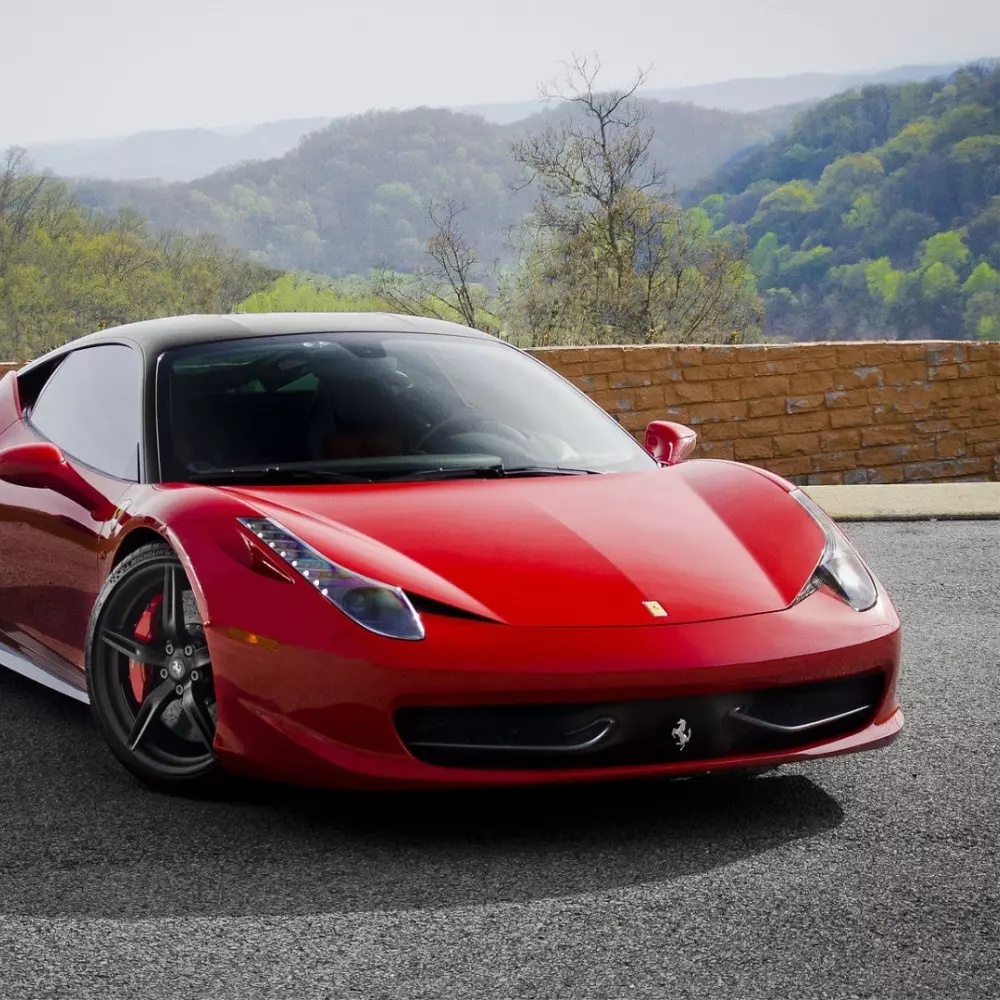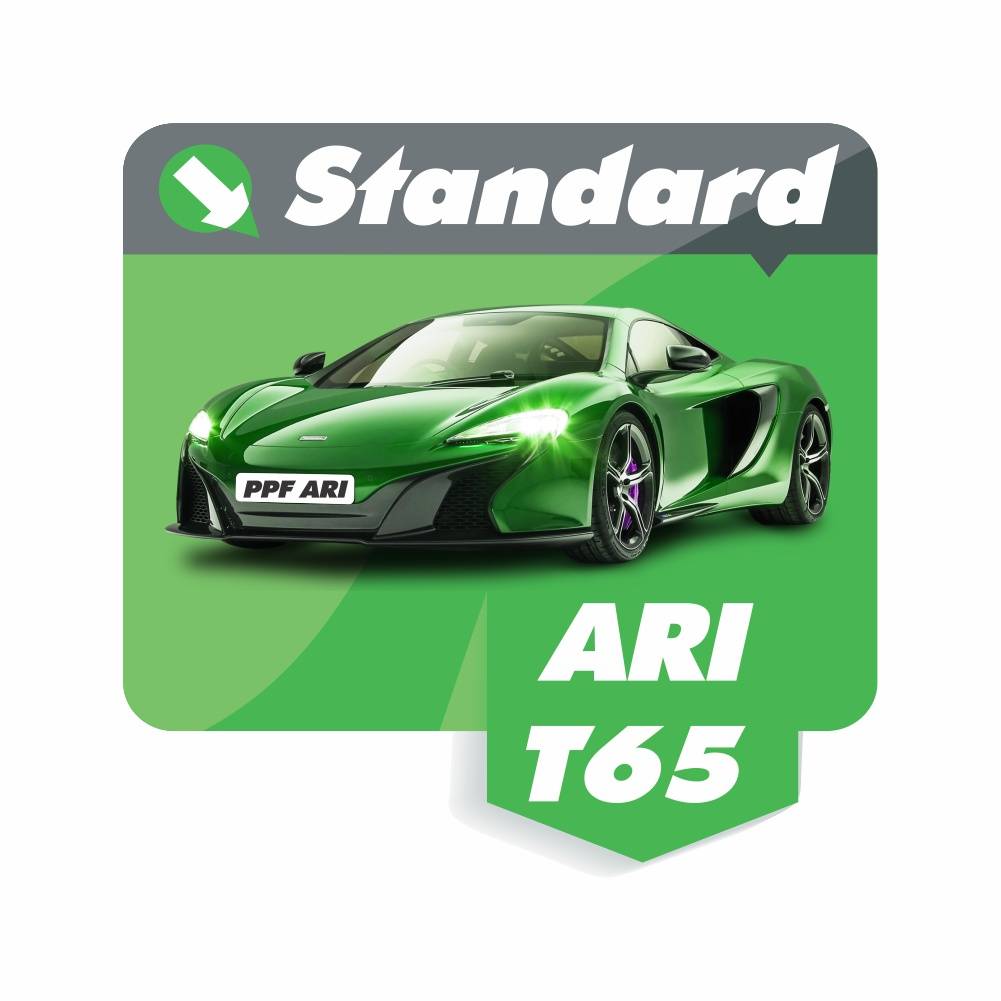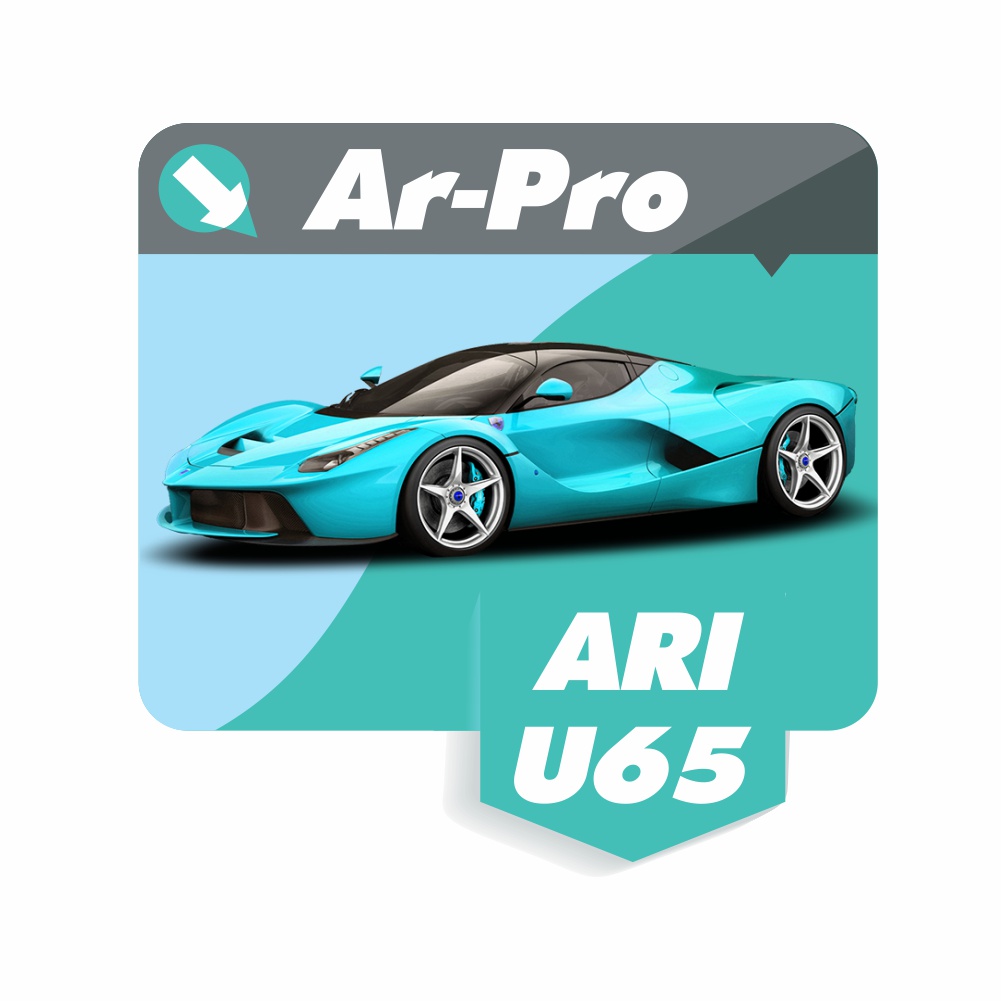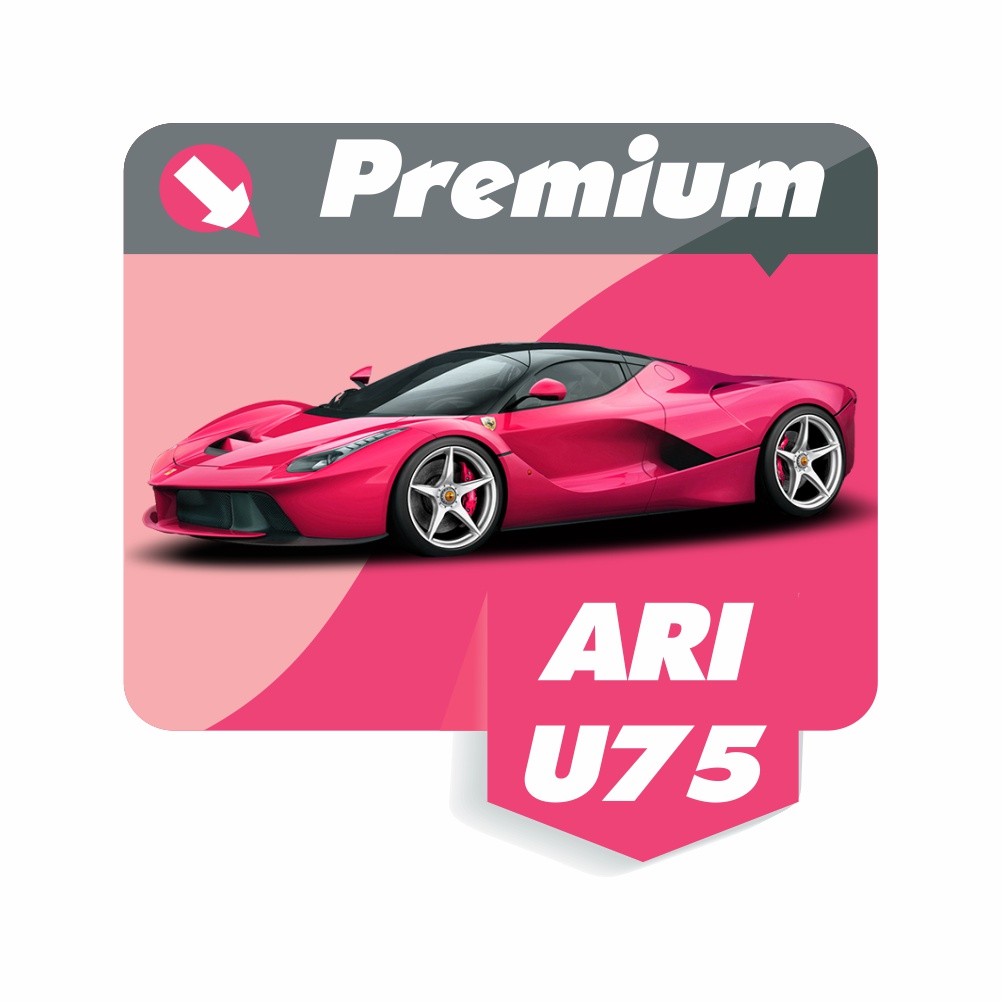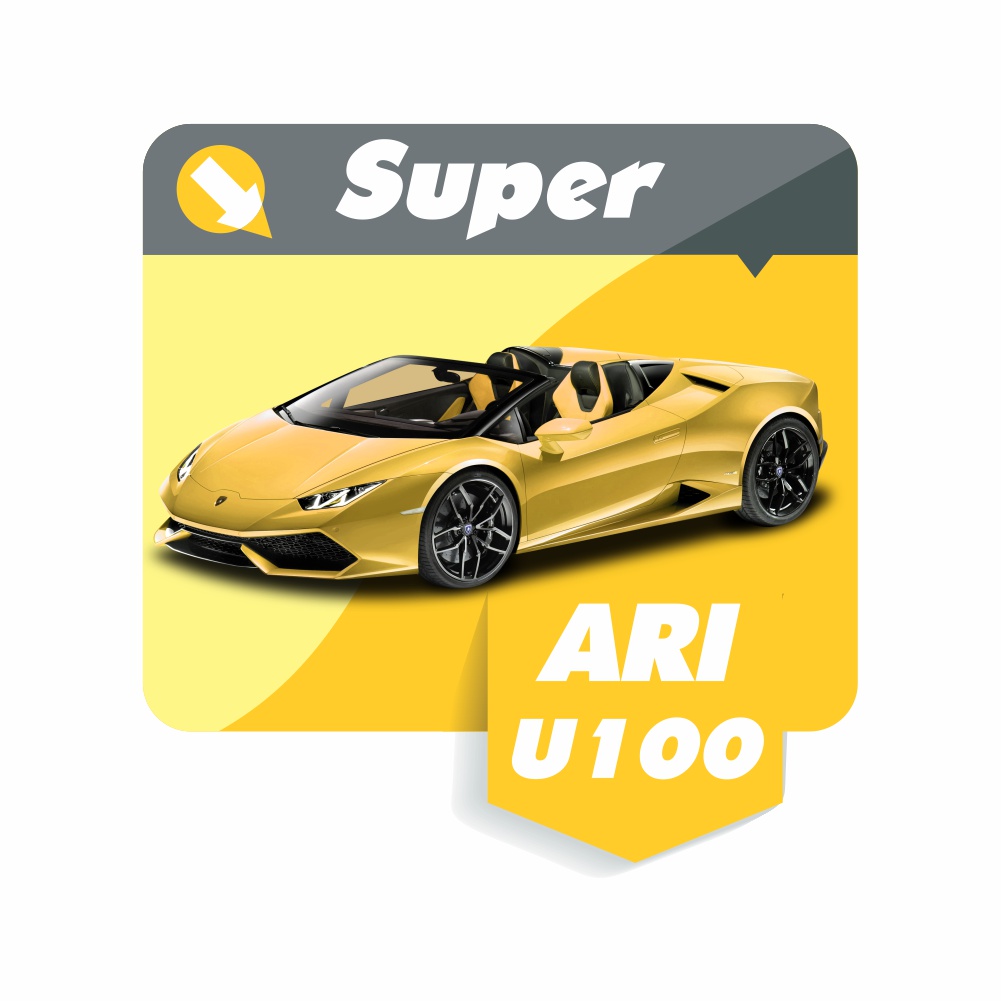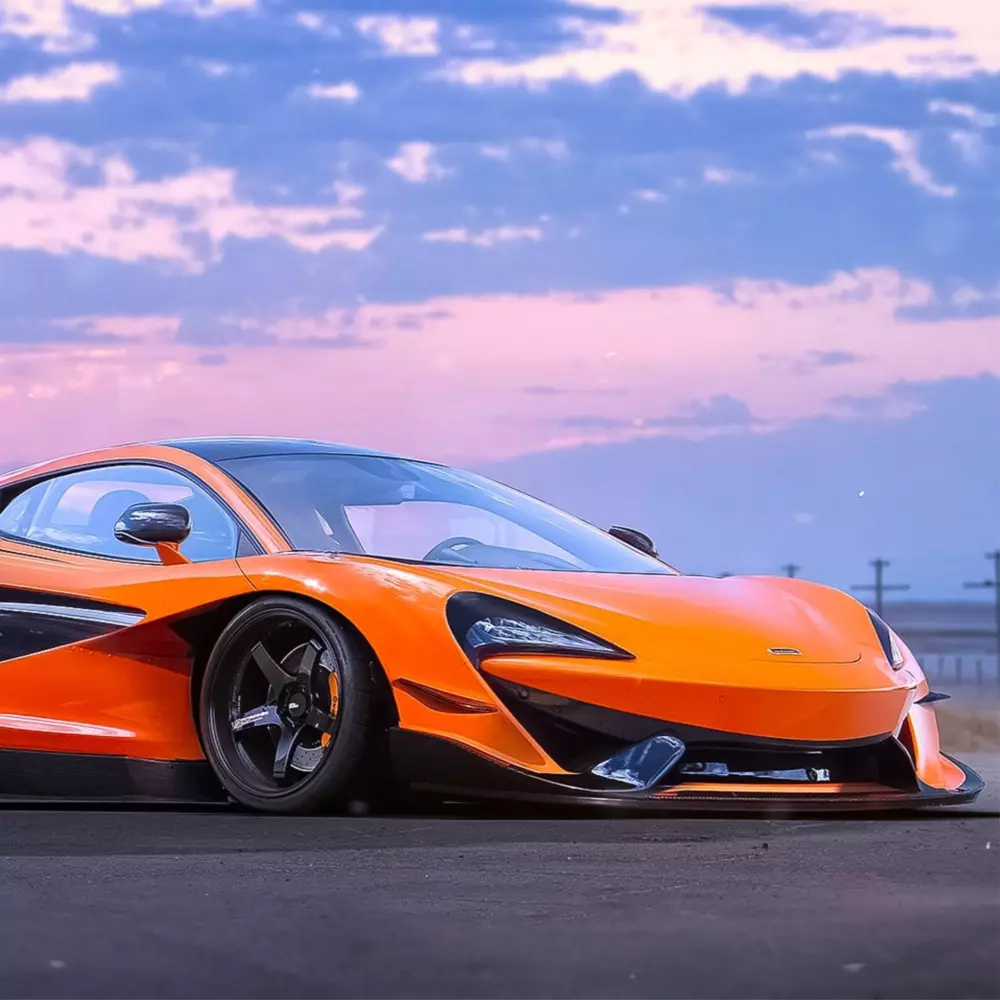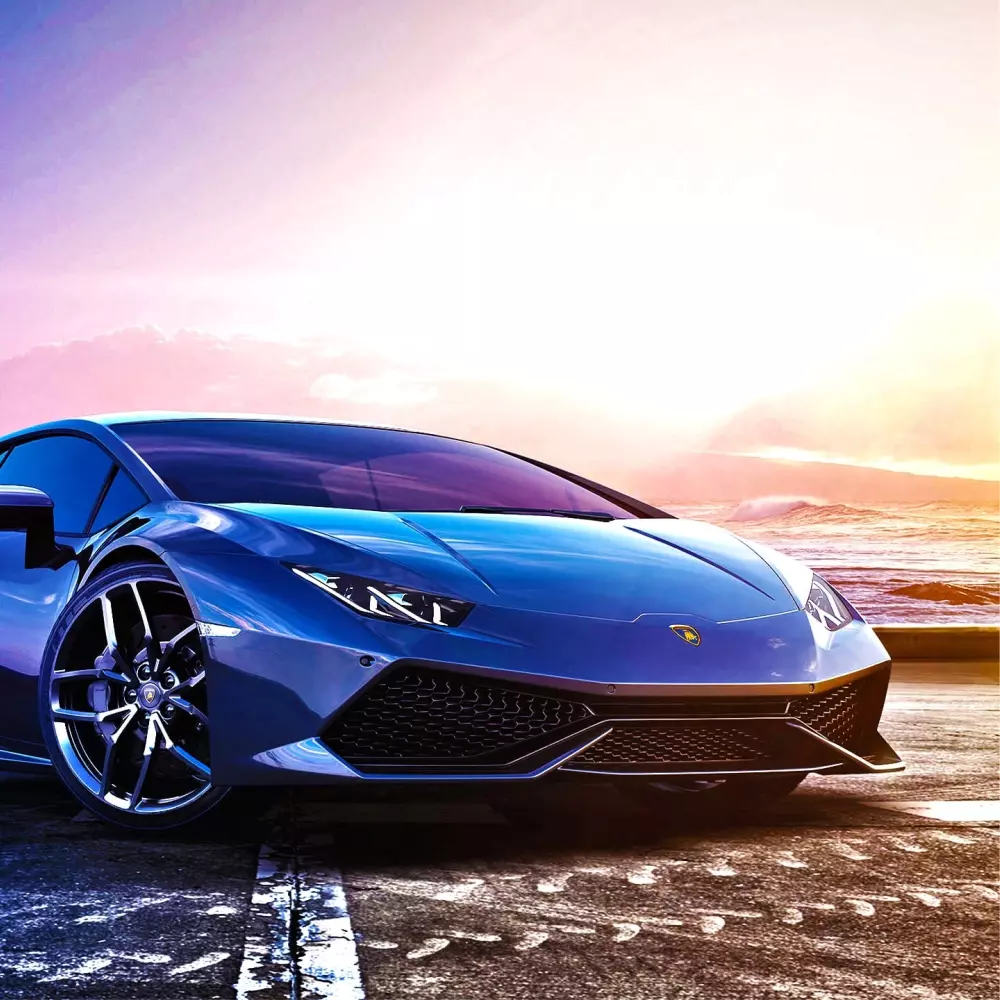
ari products
IR SERIES
Features IR SERIES advanced nano-ceramic technology for great infrared heat reduction
Rejection of up to 55% of the total solar energy* and up to 95% of the heat-producing infrared rays gives you the ultimate in comfort
Cool blue shade
Available in an attractive neutral colour
Non-metalised so you can stay connected with your devices
Metal-free design won’t interfere with electronics, GPS, satellite radio or mobile devices, including 5G
- Thickness: 2 Mil
- UV Rejection: 99%
- TSER: 55%
- IR Rejection: 96%
- VLT: 50%
- Glare Reduction: 39%
- VLR: 09%
- Thickness: 2 Mil
- UV Rejection: 99%
- TSER: 57%
- IR Rejection: 94%
- VLT: 20%
- Glare Reduction: 75%
- VLR: 09%
- Thickness: 2 Mil
- UV Rejection: 99%
- TSER: 60%
- IR Rejection: 95%
- VLT: 05%
- Glare Reduction: 85%
- VLR: 08%
Terms to know
The percentage of total solar energy rejected by filmed glass. The higher this value, the less solar heat is transmitted.
The percentage of visible light that passes directly through filmed glass: the higher the number, the lighter the film.
The percentage of ultraviolet (UV) light that is rejected by the filmed glass. UV light contributes to the fading and deterioration of fabrics and leather.
The percentage of solar infrared energy rejection over the wavelength range from 900-1,000 nm. Infrared rays are primarily responsible for the heat you feel when driving.
The percent of solar infrared energy rejection over the wavelength range from 780–2,500 nm. IRER takes into account the transmitted and absorbed IR energy that will be reradiated into a car.
The percentage by which visible light is reduced by the addition of film. Data shown is the estimated performance of film applied to ¼” (6mm) thick, 73% VLT automotive green glass. Data is for reference only.
